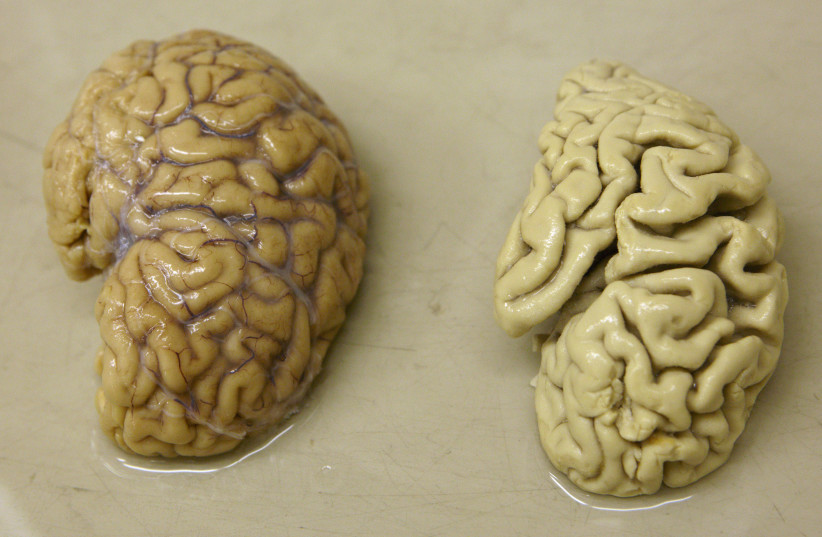Research released by Institute of Psychiatry, Psychology & Neuroscience (IoPPN) at King’s College London has revealed a new test, using blood samples, that can predict the risk of Alzheimers multiple years before diagnosis.
The peer-reviewed study was published in the scientific journal Brain. It supports the theory that parts of human blood affect the formation of new brain cells in a process known as neurogenesis. This process occurs in the hippocampus and is largely involved in learning and memory.
Alzheimers impacts the formation of new brain cells in this area of the brain, and previous studies have only made this connection in later stages through autopsies.
Researchers took blood samples from subjects over several years from 56 individuals with Mild Cognitive Impairment (MCI). MCI is a condition in which a person will experience a clear displacement of their memory or cognitive ability.
Not everyone experiencing MCI develops Alzheimer’s disease, but those with the condition come to that diagnosis at a higher rate. Of the 56 people tested, 36 would soon receive an Alzheimer’s diagnosis.

Dr Aleksandra Maruszak, one of the primary study authors from King’s IoPPN, explained that “In our study, we treated brain cells with blood taken from people with MCI, exploring how those cells changed in response to blood as Alzheimer’s disease progressed.”
“The blood samples collected from participants over the years who subsequently deteriorated and developed Alzheimer’s disease promoted a decrease in cell growth and division and an increase in apoptotic cell death (the process by which cells are programmed to die)."
Modeling the process of dying brain cells to learn more
Professor Sandrine Thuret, the lead author of the study from the same institution stated, “Previous studies have shown that blood from young mice can have a rejuvenating effect on the cognition of older mice by improving hippocampal neurogenesis. This gave us the idea of modeling the process of neurogenesis in a dish using human brain cells and human blood."
"In our study, we aimed to use this model to understand the process of neurogenesis and to use changes in this process to predict Alzheimer’s disease and found the first evidence in humans that the body’s circulatory system can have an effect on the brain’s ability to form new cells.”
The blood samples showed researchers that the changes in neurogenesis occurred 3.5 years prior to a clinical diagnosis of Alzheimer's disease.
“Our findings are extremely important, potentially allowing us to predict onset of Alzheimer’s early in a non-invasive fashion. This could complement other blood-based biomarkers that reflect the classical signs of the disease, such as the accumulation of amyloid and tau (the ‘flagship’ proteins of Alzheimer’s disease),” one of the study’s joint authors, Dr Edina Silajdžić, stated.
The researchers involved believe these discoveries can help scientists and doctors fully understand the changes the brain encounters during the early stages of Alzheimer’s.
